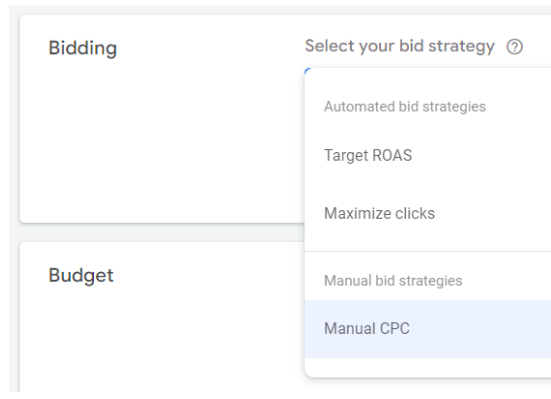- Emphasize free shipping, returns, and secure payment options
To increase checkout rates, prioritize free shipping, transparent pricing, and secure payments. Surprise costs are a prime cart abandonment cause, so clarity in pricing is vital. Free shipping, highly valued by 59% of shoppers, can make your offer more appealing. Clear and hassle-free returns policies also bolster checkout rates. For instance, when Cocohanee prominently displayed its shipping and returns policy, it saw a 16% boost in add-to-cart actions and a 17% revenue increase. Security is crucial, with trust badges reinforcing trust. Additionally, offering diverse payment options accommodates customer preferences, reducing the risk of lost sales due to limited payment choices.
- Simplify your forms
To enhance your eCommerce checkout rate, streamline your forms by requesting only essential data like addresses, names, and payment info. Lengthy forms deter conversions, as shown below where only 83.90% progressed to the third input field. Requesting the minimum required data also aligns with EU regulations. Implementing autofill options expedites form completion, benefiting from customers’ previously entered data on other sites and ultimately accelerating the checkout process.
- Avoid the obligatory sign-up
For better checkout rates, avoid forcing buyers to create accounts, a reason for cart abandonment for 28% of customers who find it time-consuming and privacy-invading. Prioritize customer satisfaction over mandatory registrations. Encourage sign-ups by offering discounts and updates. Clearly communicate the benefits of registration to guest users during checkout. For instance, Amazon allows guest payment but highlights account benefits, including quicker checkout and personalized recommendations based on past purchases, enhancing the buying experience without disruption. Focusing on improving the buyer journey can drive voluntary registrations.
- Improve the shopping cart experience
Enhance the cart experience to boost your checkout rate. Offer membership benefits like the “Buy Now” option used by sites like Amazon and AliExpress, streamlining purchases for existing users. Ensure you retain customer details for convenience. Display cart contents, allow editing, and offer discounts. Remembering and valuing customers’ preferences fosters a sense of trust and value, ultimately improving their shopping experience. 🛒🛍️
- Use retargeting to re-engage customers.
Visitors to your site are valuable, and even if they leave without making a purchase, you can boost your checkout rate through retargeting efforts. Cart abandonment emails are a common strategy, sent to users who added products but didn’t complete the checkout. Send a series of reminders, possibly with discounts or free shipping. Email marketing software helps create engaging messages. Additionally, consider running retargeting ads showing abandoned items. This can be effective but requires a positive return on ad spend, making it less commonly used due to the challenge of achieving profitability.
- Offer a variety of payment methods
According to the Baymard Institute, 7% of users abandoned an eCommerce checkout in the last six months due to the absence of their preferred payment option. Therefore, it’s crucial to offer a variety of payment choices.
In addition to credit cards (the most common), consider integrating major third-party providers like PayPal, Google Pay, and Apple Pay. You might also include a couple of credit providers, such as Klarna. Don’t overlook local options like giropay in Germany or iDEAL in the Netherlands, as Stripe reported sales increases ranging from 6% to 45% when incorporating these. However, be mindful of the “Nascar Effect” – too many logos can clutter and confuse the checkout process for users.
- Use inline validation
Incorporate inline validation—a highly effective technique for boosting conversions. A prominent study demonstrated an average 22% enhancement in form completion rates, aligning with observations across Zuko’s client base. Inline validation offers real-time feedback to users, avoiding the common practice of bombarding them with error messages only after submission. It’s a user-friendly approach that significantly improves the user experience and conversion rates.











Leave feedback about this